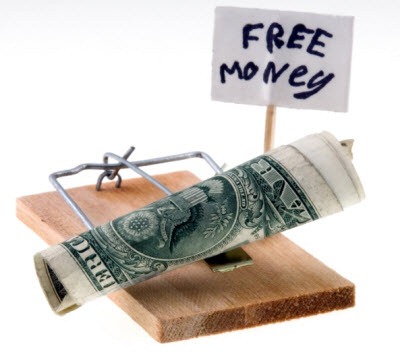Eric Ligman wrote an article today about avoiding scams that use the Microsoft name fraudulently. One of my clients was just treated to one of them, a phone caller claiming to be “Microsoft tech support” responding to some problem in the office’s computers. It was fake, and who knows where it might have led?
Each of the suggestions below has a broad application. Substitute the name of any business in place of Microsoft and the point would still be true.
From Eric’s article:
- You have not won the "Microsoft Lottery" – There is no Microsoft Lottery. If you get an email stating you have won one, DELETE the message.
- Microsoft does not send unsolicited communication about security updates – When we release information about a security software update or a security incident, we send e-mail messages only to subscribers of our security communications program. . . .
- Legitimate Microsoft security communications do not include software updates as attachments. – We never attach software updates to our security communications. Rather, we refer customers to our Web site for complete information about the software update or security incident.
- Microsoft does not request credit card information to validate your copy of Windows – In fact, not only do we not request credit card information, we do not collect information that can be used to identify you such as your name, e-mail address, or other personal details.
- Microsoft does not make unsolicited phone calls to help you fix your computer – If you receive an unsolicited call from someone claiming to be from Microsoft Tech support, hang up.
There’s more information and links to resources about safety and security on this page.
Remember that most malware is installed now as a result of visiting poisoned web sites. If you receive a suspicious message with a link to a web site, it is not safe to visit the web site to satisfy your curiosity!
Be careful out there!

